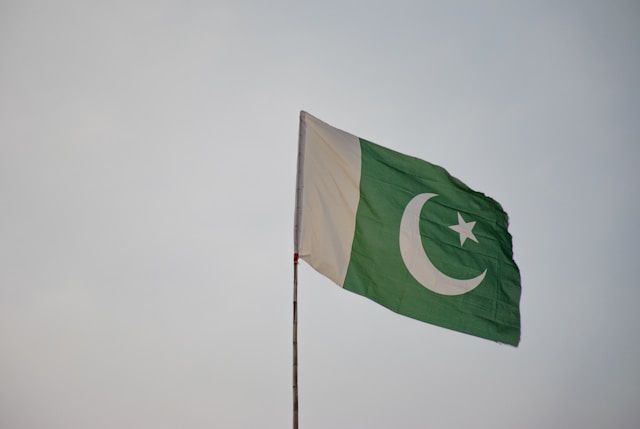High court judges seek Supreme Judicial Council investigation into serious accusations
In an unprecedented move, six out of eight Islamabad High Court judges have levelled serious allegations against Pakistan’s Inter-Services Intelligence (ISI), accusing the agency of employing intimidation tactics to influence judicial proceedings. The judges have formally requested the Supreme Judicial Council (SJC) to investigate these allegations, which include abduction, torture, and surveillance, aimed at manipulating case outcomes, especially those with political significance, such as those involving jailed former Prime Minister Imran Khan.
The letter to the SJC, dated March 25, outlines a series of incidents purportedly demonstrating ISI’s interference in judicial matters. It highlights the agency’s alleged efforts to sway judicial decisions through coercion or blackmail, particularly in cases deemed “politically consequential.” This call for investigation underlines concerns about the independence of the judiciary and the potential ongoing policy by the executive branch to undermine judicial outcomes through intelligence operatives.
One of the documented instances in the judges’ letter involved undue pressure on members of a bench tasked with hearing a plea to disqualify Imran Khan for allegedly concealing a daughter. The pressure reportedly became so intense that it led to a judge being hospitalized due to high blood pressure. Furthermore, the letter narrates the abduction and torture of a judge’s brother-in-law by individuals claiming to be ISI operatives, alongside disturbing discoveries of surveillance equipment installed in a judge’s official residence.
These allegations have sparked a widespread call for accountability and transparency, prompting Chief Justice Qazi Faez Isa to convene a full court meeting of Supreme Court judges to deliberate on the matter. The judges’ plea for a judicial convention underscores the urgency and gravity of addressing intelligence operatives’ interference in judicial functions, which they argue severely undermines the judiciary’s independence.
As the judicial community and broader public await responses from the ISI, Pakistan’s military, and the law ministry, the incident has ignited a significant discourse on the state of judicial independence and the rule of law in Pakistan. The unfolding situation highlights the critical need for measures to safeguard the judiciary from undue influences, ensuring that the legal process remains fair, transparent, and untainted by external pressures.
